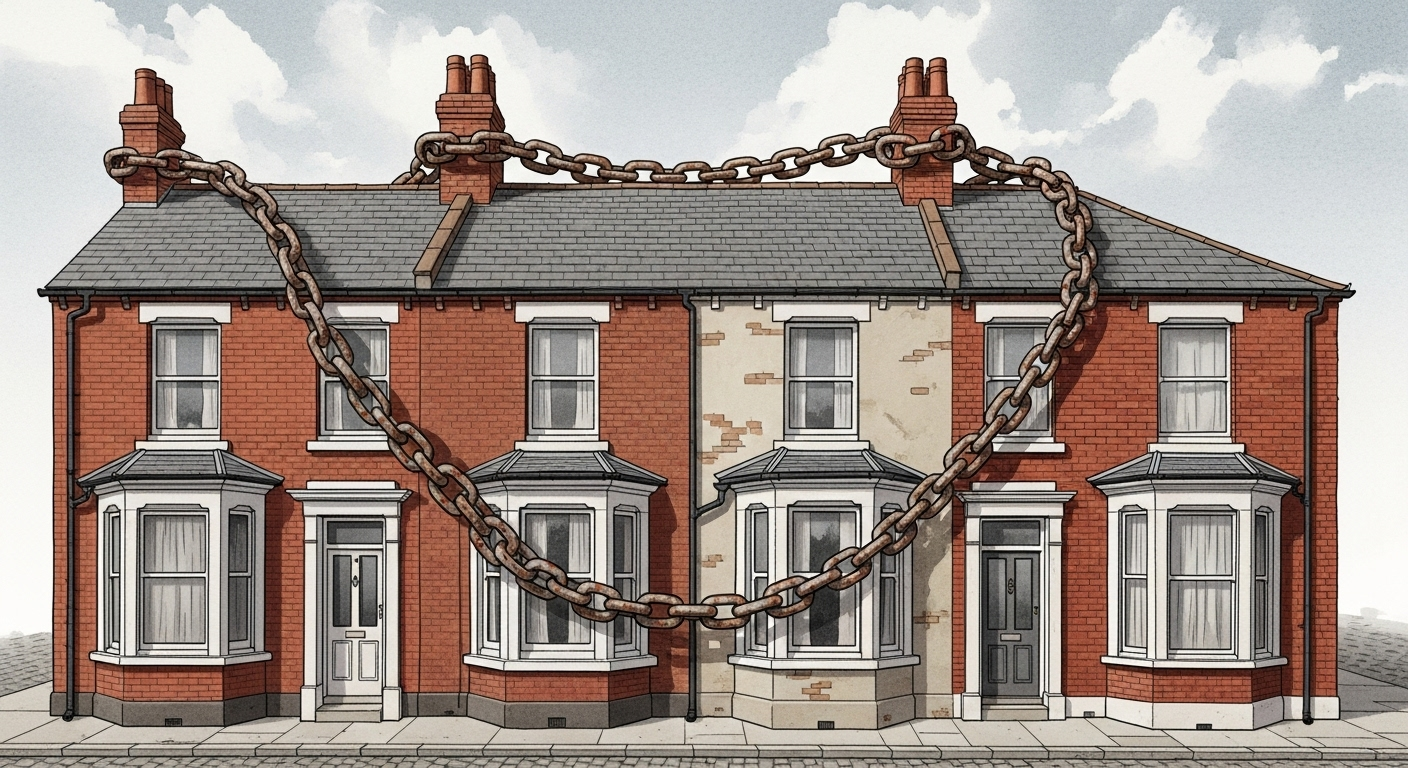Blog
Guide

The Arrow Conveyancing Guide to Contract Terminology
In an earlier blog we looked at the various choices available when it comes to choosing an Estate Agent – the type of agent, the type of contract, payment options etc. You can read this blog here.
This week we thought we’d take a closer look at some examples of terminology used within Estate Agent contracts which may at first seem relatively innocuous, but which are very important to understand before the paperwork is signed.
Tie-in period
The tie-in period is the minimum time for which you have enlisted the services of the agent. Whilst it is generally around 6 weeks, it can be up to 6 months and is subject to a formal cancellation period. This can be frustrating if you are unhappy with your agent and would rather try someone else.
Notice period
This is commonly somewhere between 1 week and 4 weeks and it indicates the amount of time you must allow from notifying the agent that you no longer want to use their services to their contract actually ending. As above, a longer notice period means that you may be stuck with a poorly performing agent for as much as a month after you’ve decided you want to part company.
Cancellation fee
This fee would, as you might expect, come into play if you decide to switch agents however it may also be due if you decide to take your house off the market. Since it effectively represents ‘paying for nothing’ we strongly recommend you look at what it is and when it becomes relevant.
Extra / Marketing fees
In a competitive market, agents want to make the cost of their services appear as low as possible. One way of doing this is to only include the very basic elements of the sales service in the initial fee. This may not include the essentials you expected, such as printing property particulars, producing floorplans, using newspaper advertising etc. so it is important that you understand what is actually included and what is deemed as being ‘extra’.
Ready, willing & able purchaser
A term which many would-be buyers will take to simply be industry jargon, but the implication of its presence in the contract is quite significant. It means that the agent will have deemed themselves to have succeeded if they present you with a buyer who wants to buy your property (at a reasonable/ agreed price of course) and will expect to be paid – even if you decide not to sell to that person. In our opinion, this is a clause which should never be ignored – and should be avoided at all cost!
The above list is only a small selection of the kind of things to look out for when making your choice of agent. At EHL Conveyancing we are always available to give advice and guidance on any element of the sales process. For more details, and to use our handy online conveyancing quote tool, simply visit: www.arrowconveyancing.co.uk
Disclaimer
The materials on this website do not constitute legal advice and are provided for general information only. Whether express or implied, no warranty is given concerning such materials. We shall not be liable for any technical, editorial, typographical, or other errors or omissions within the information provided on this website, nor shall we be responsible for the content of any web images or information linked to this website.
The information contained in this article does not constitute financial advice or recommendation and should not be considered as such. Arrow conveyancing does not offer financial advice and is not regulated by the Financial Conduct Authority (FCA), the authors of this article are not financial advisors and are therefore not authorised to offer financial advice.
Published on :
December 8, 2024












.png)





